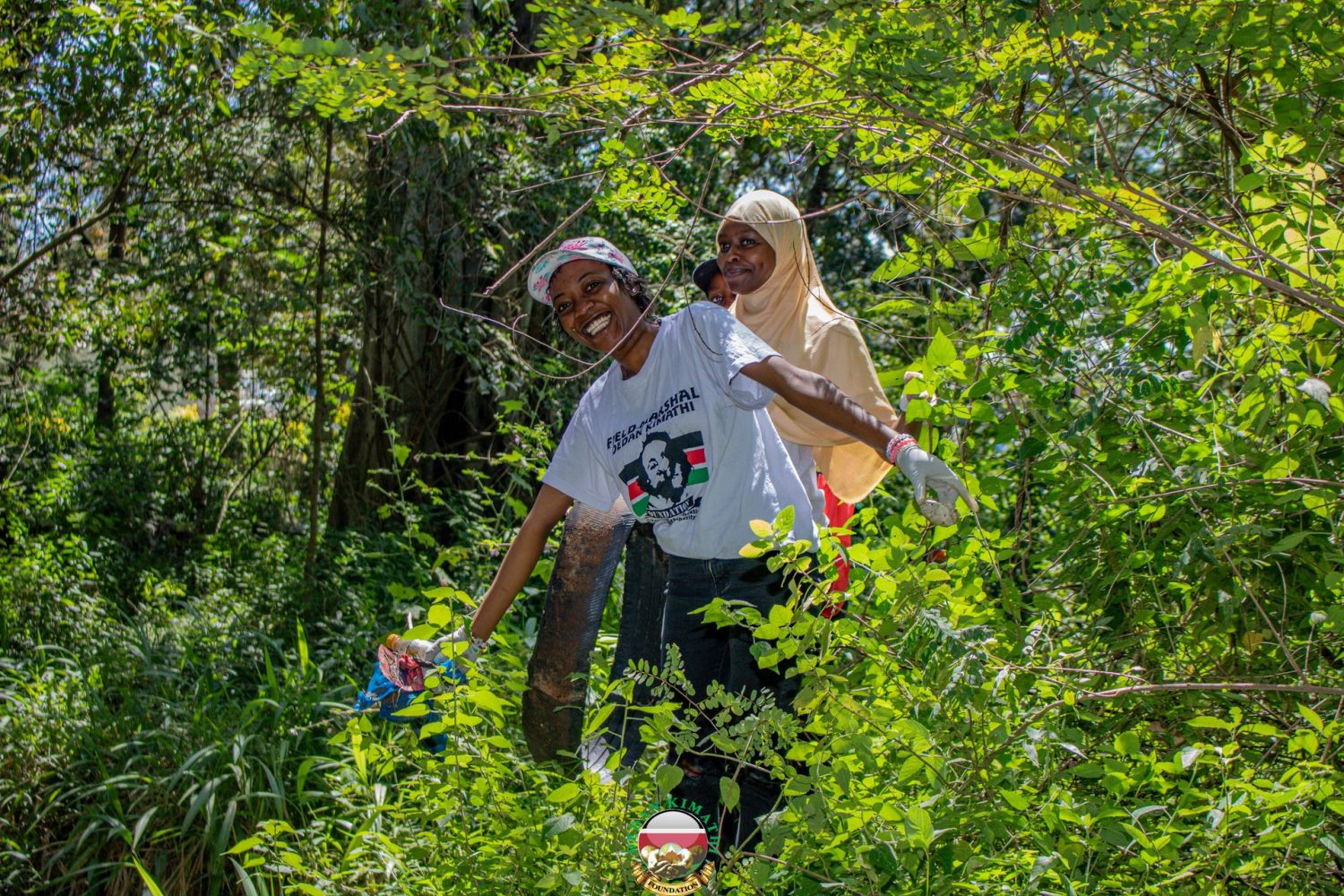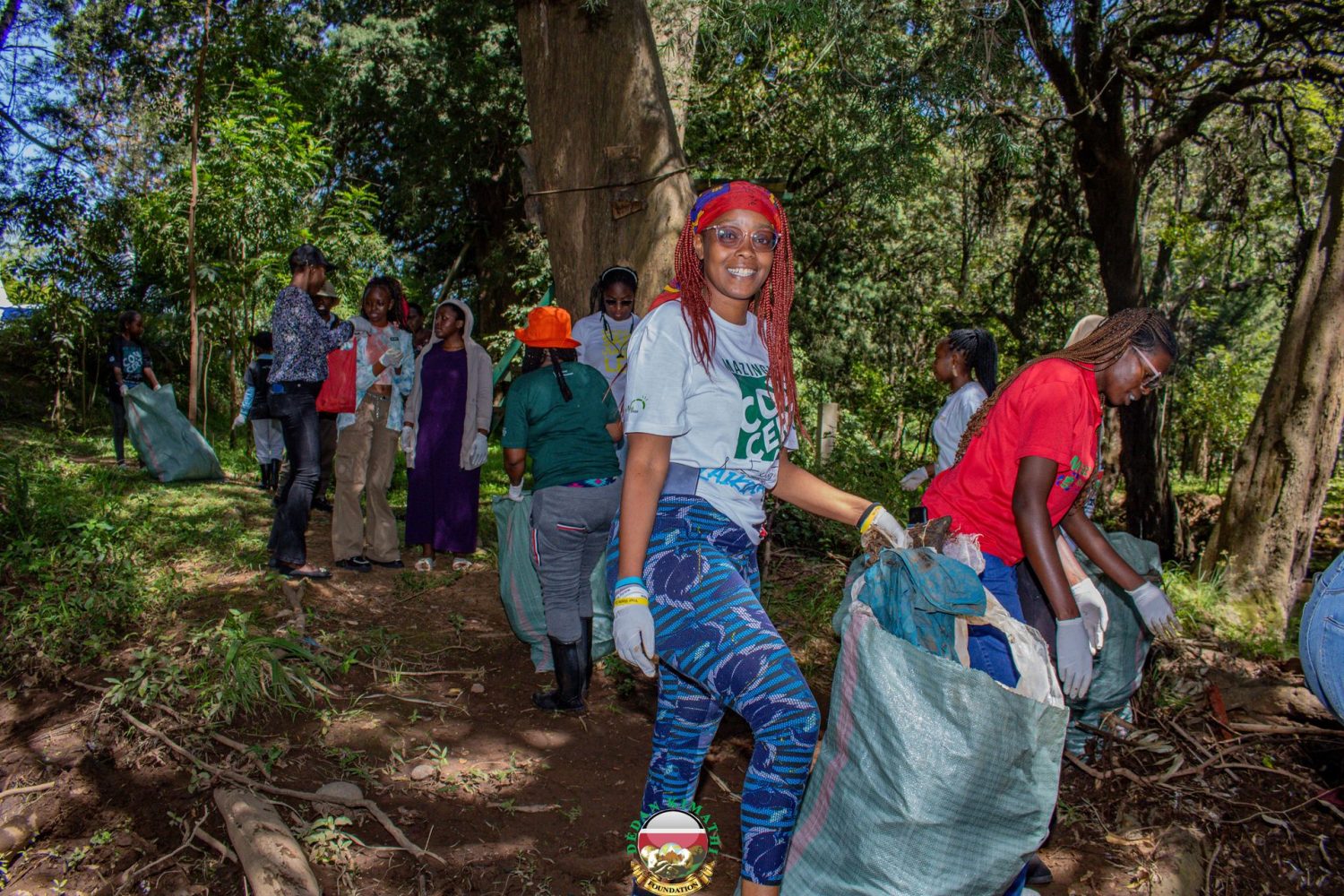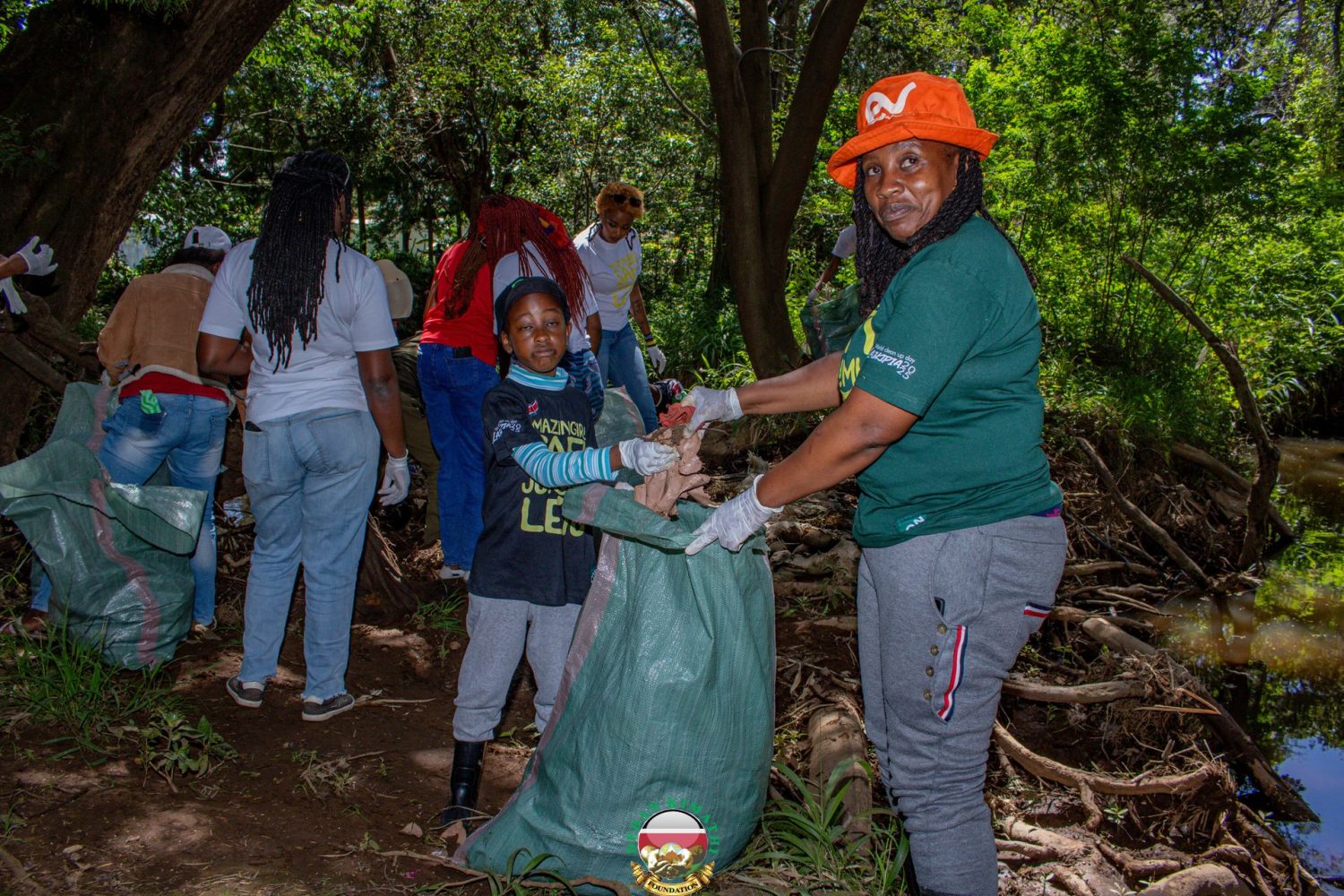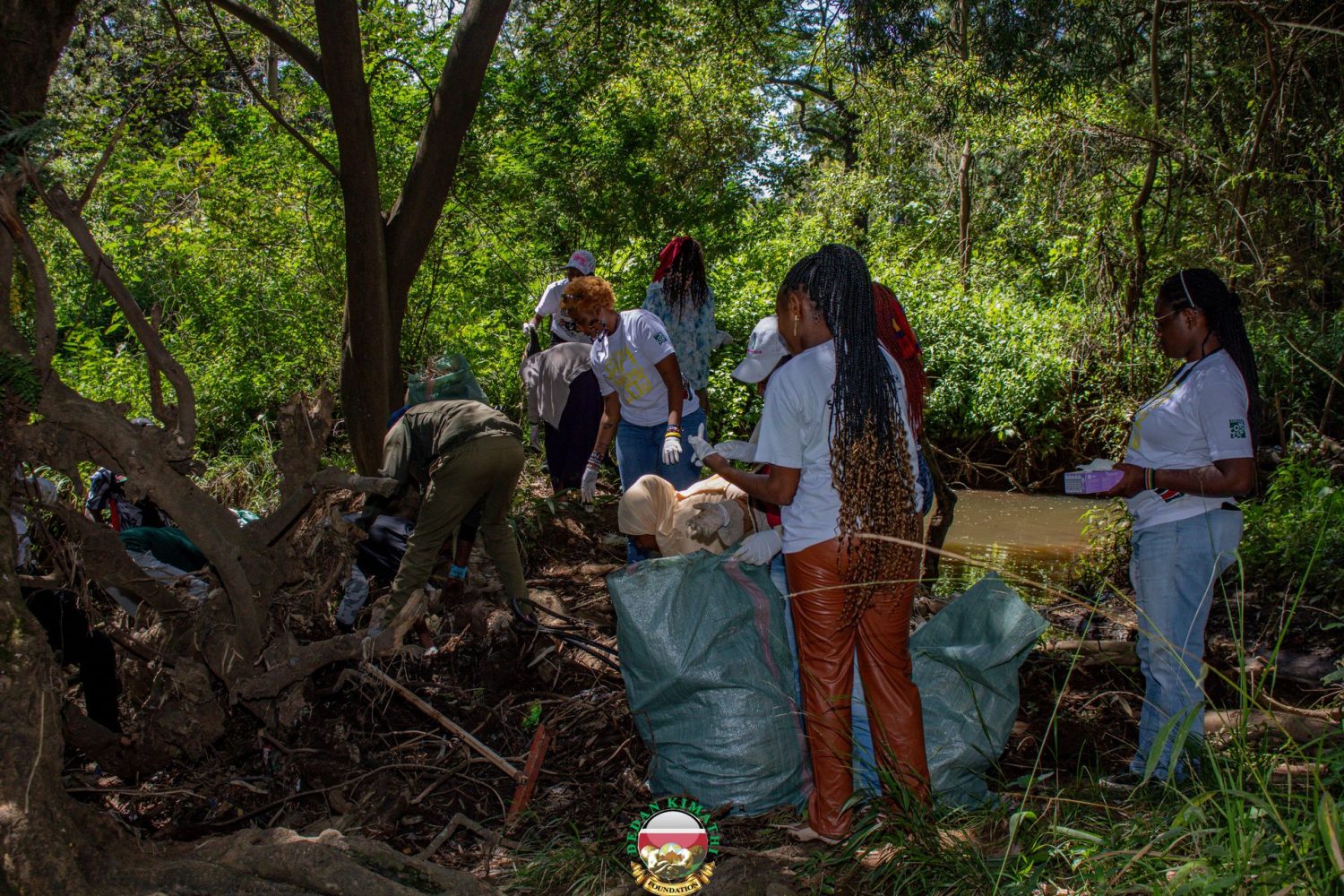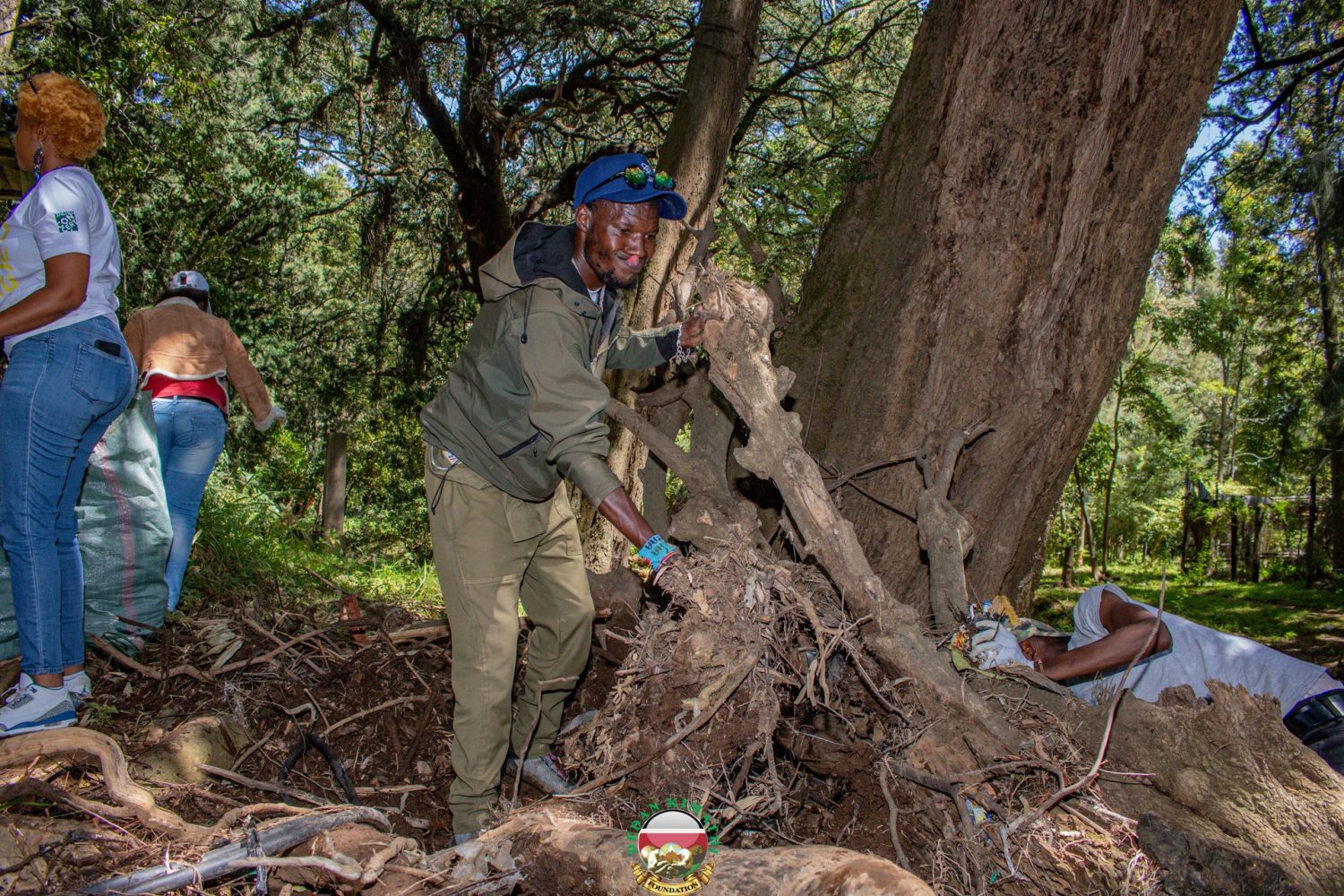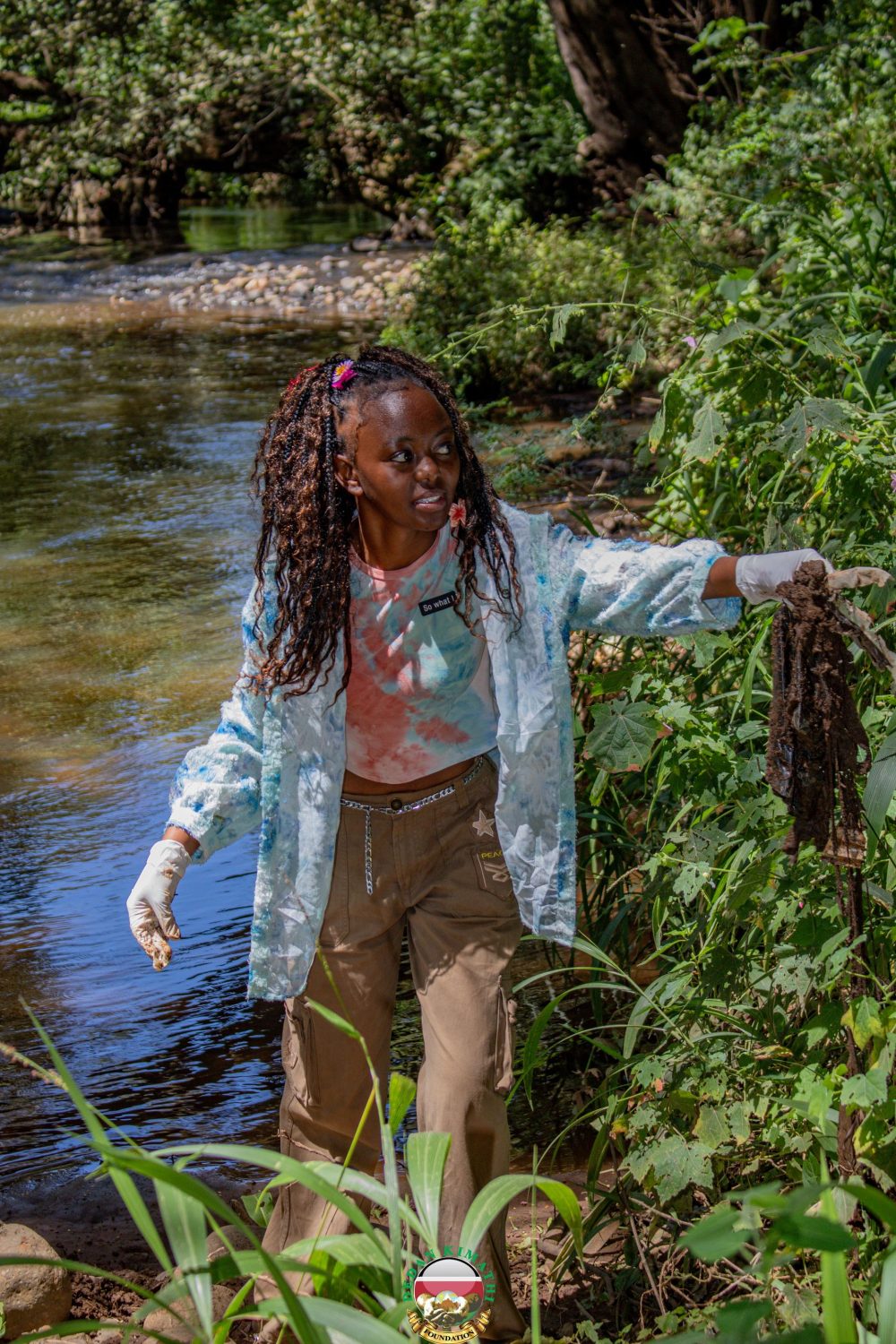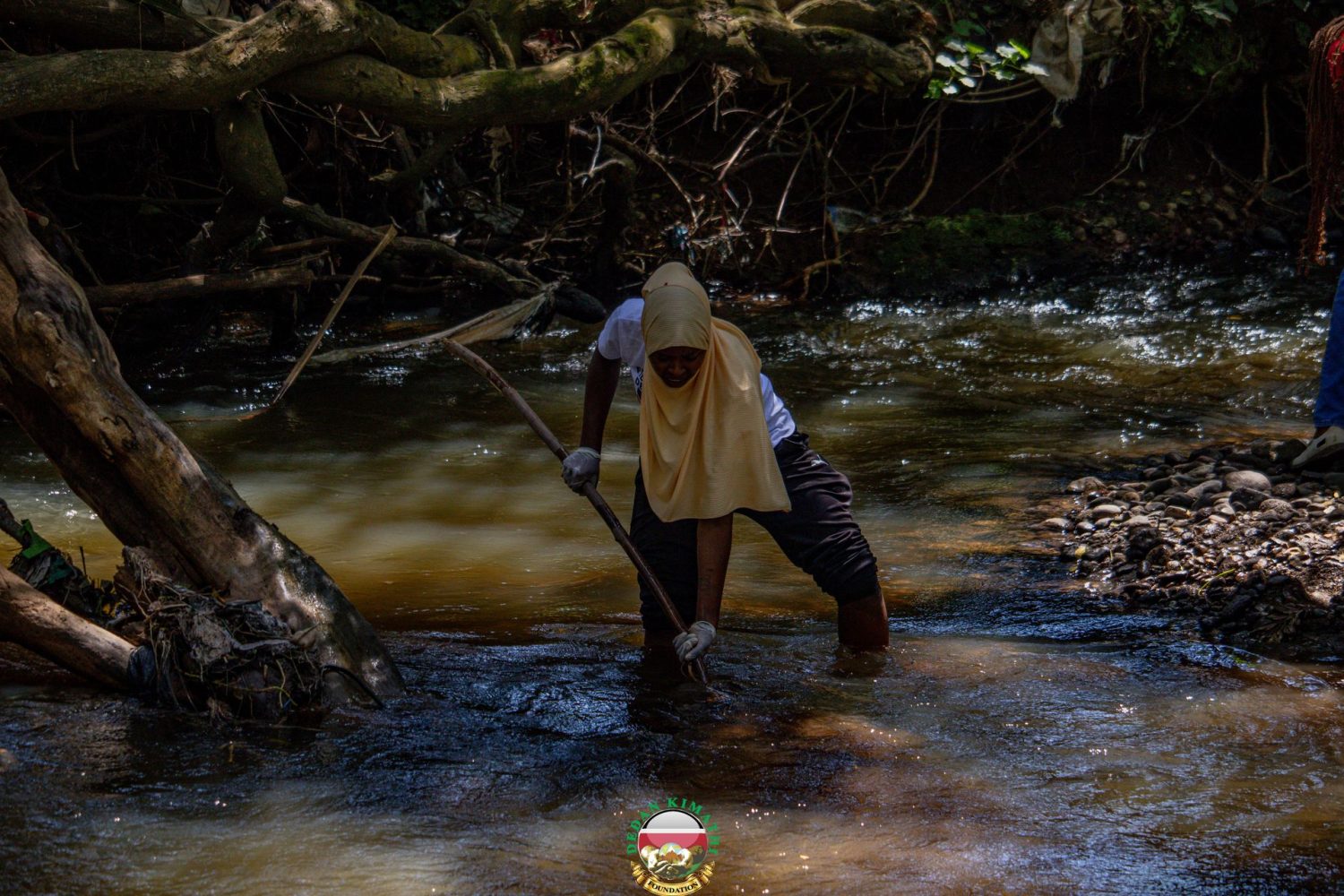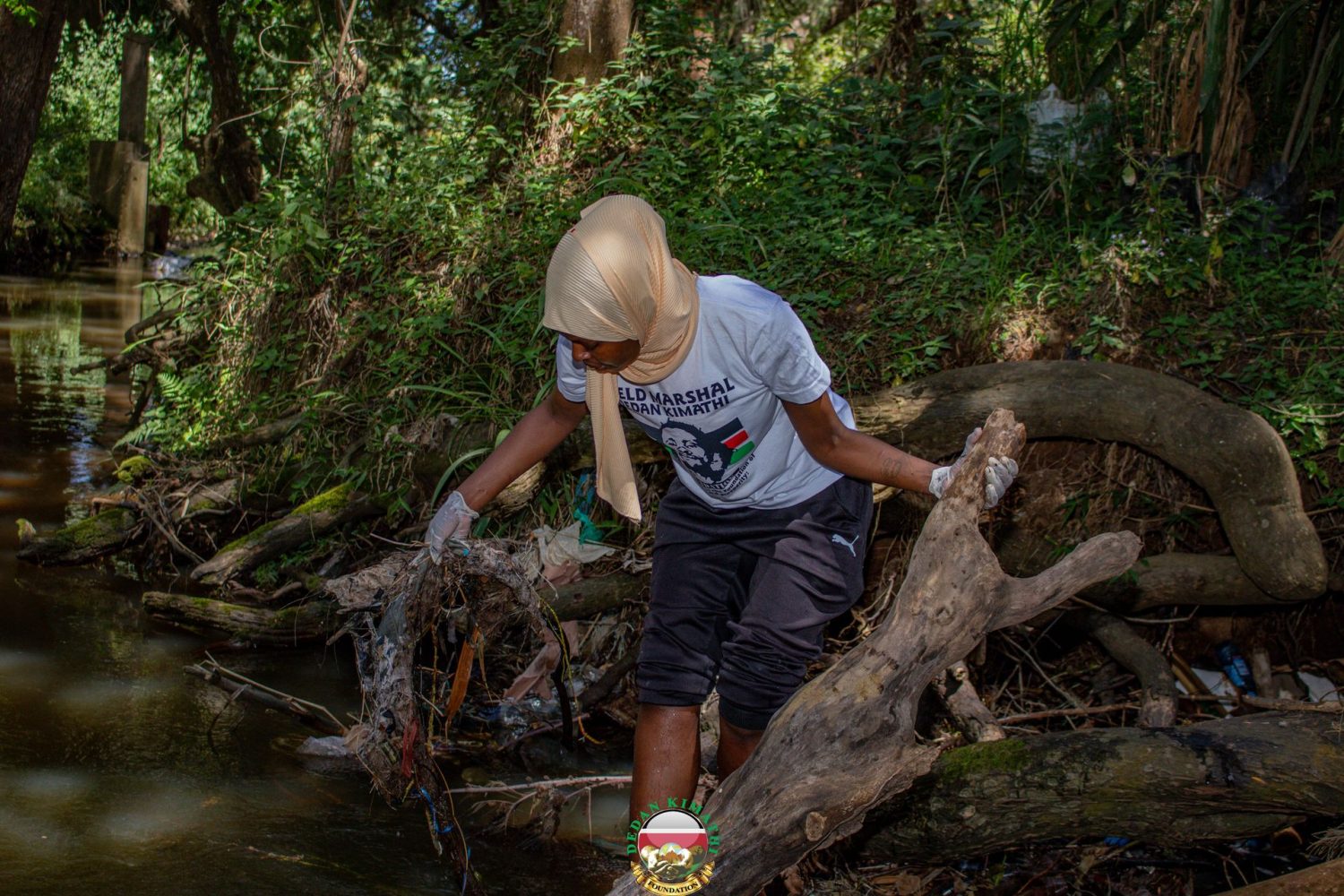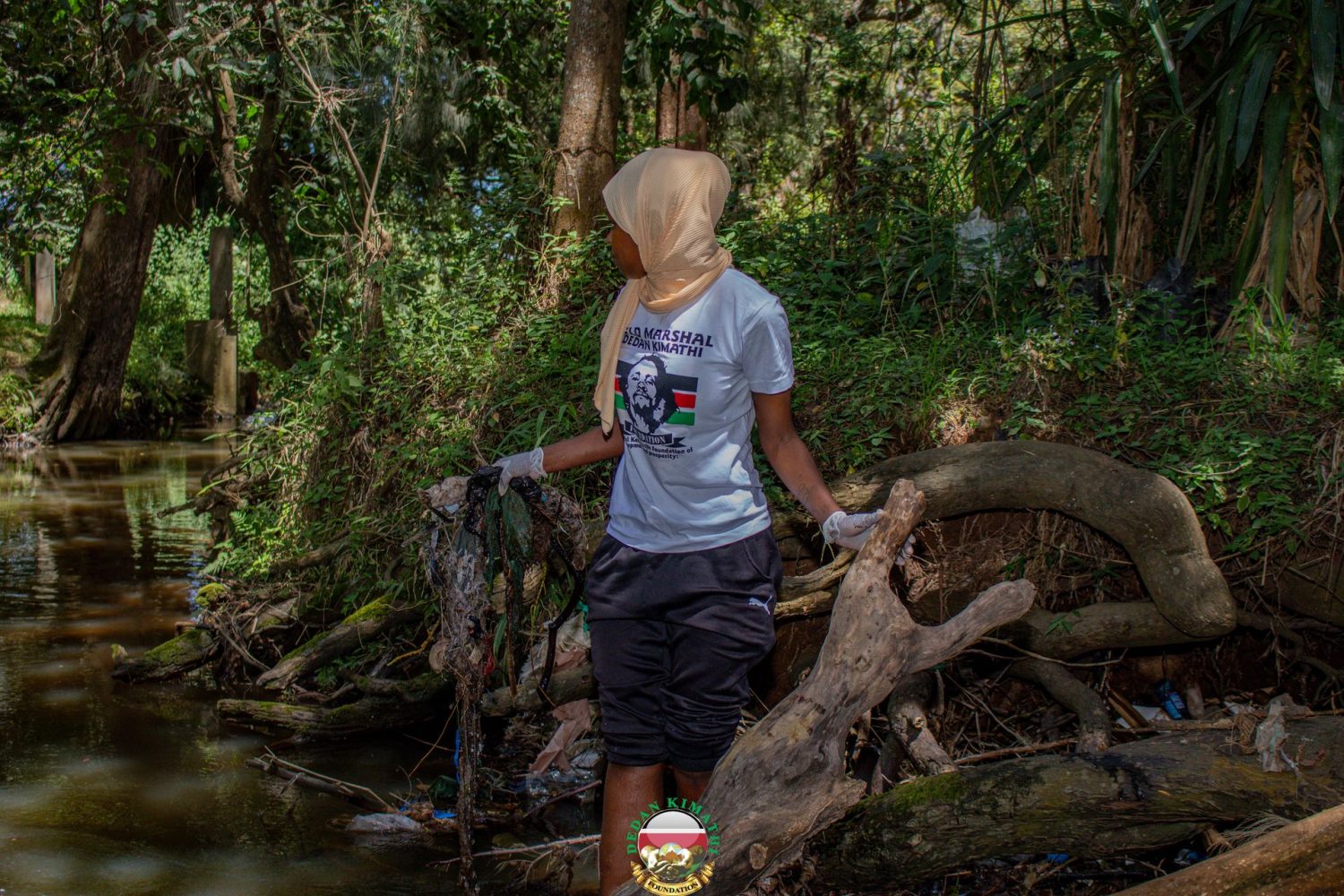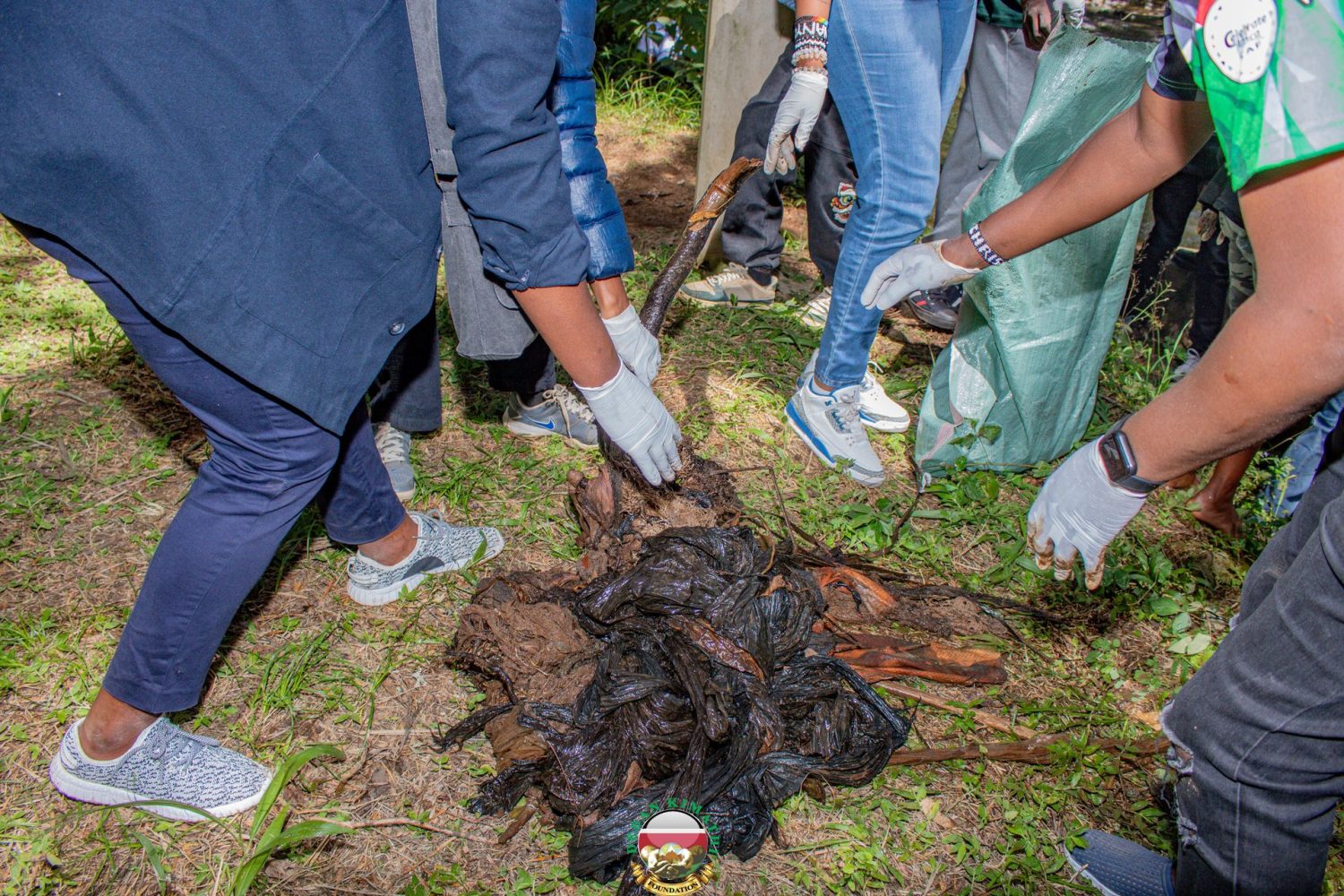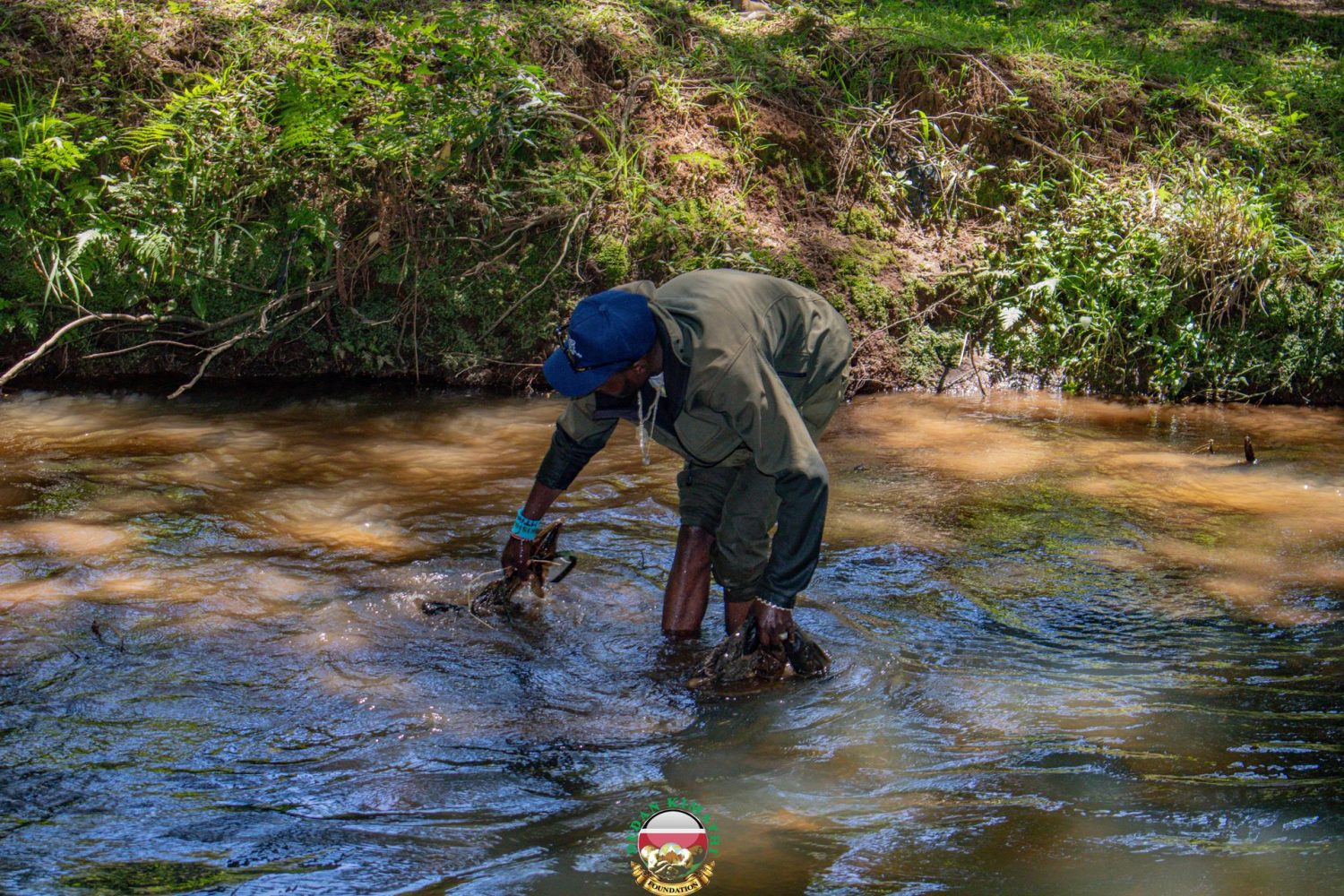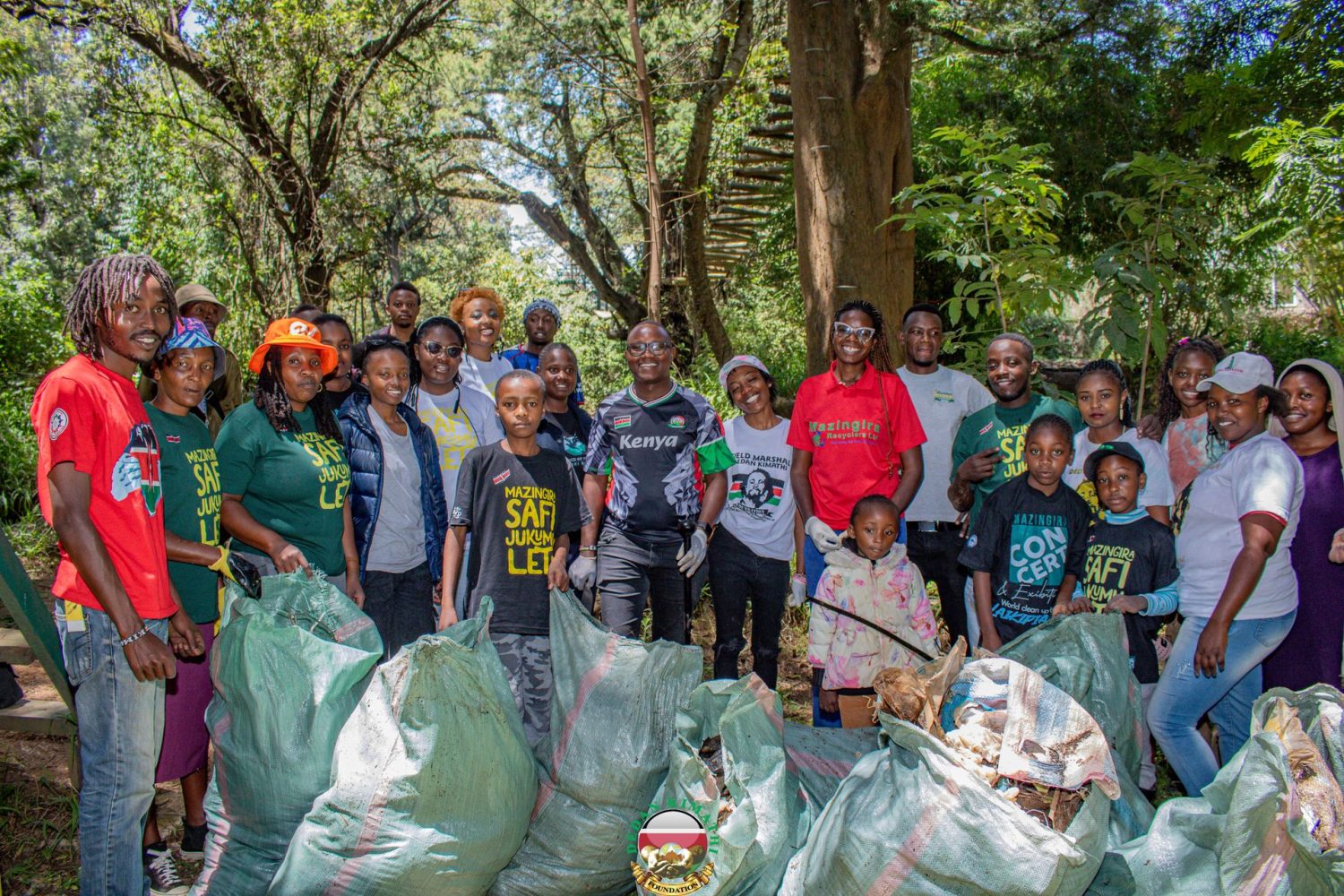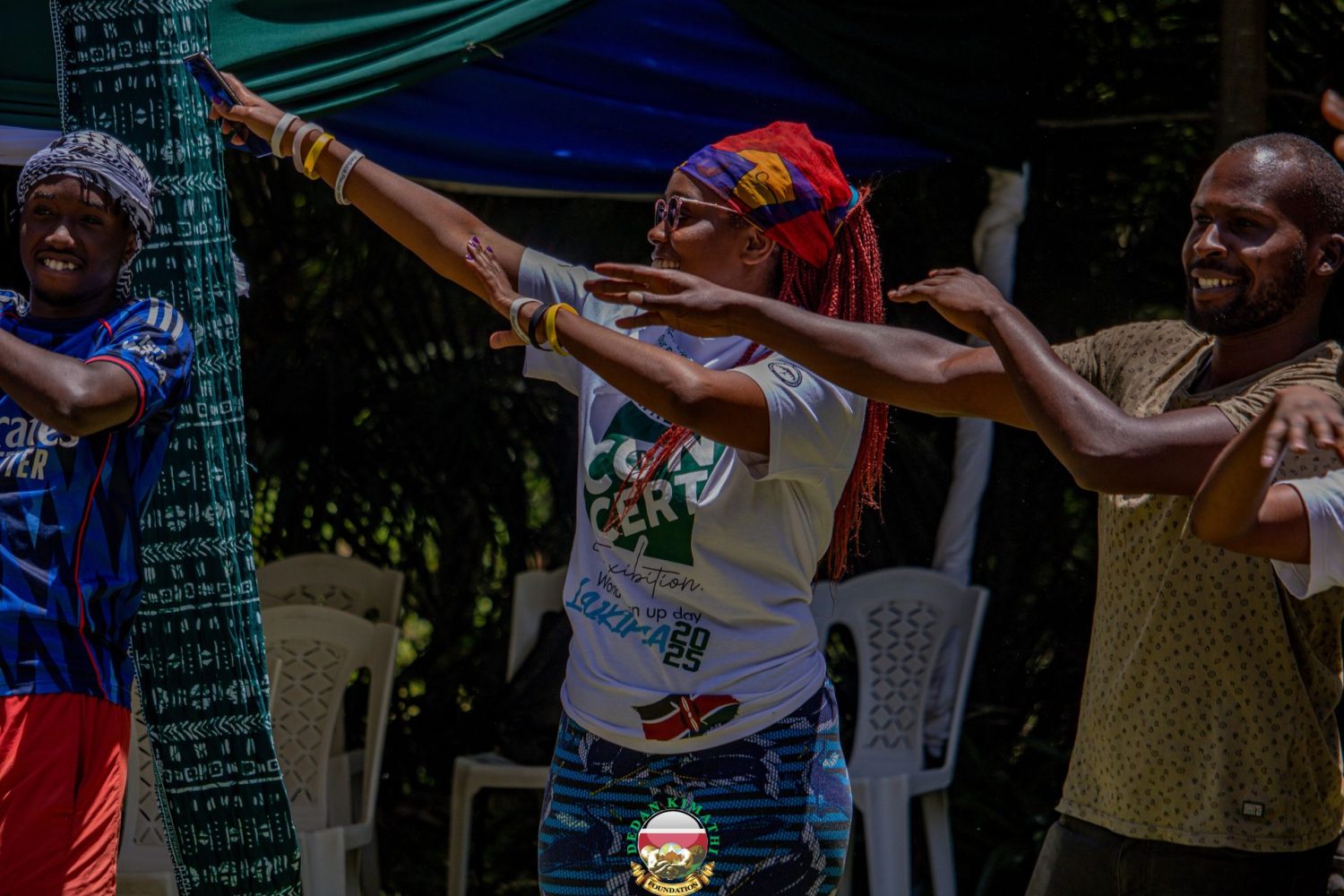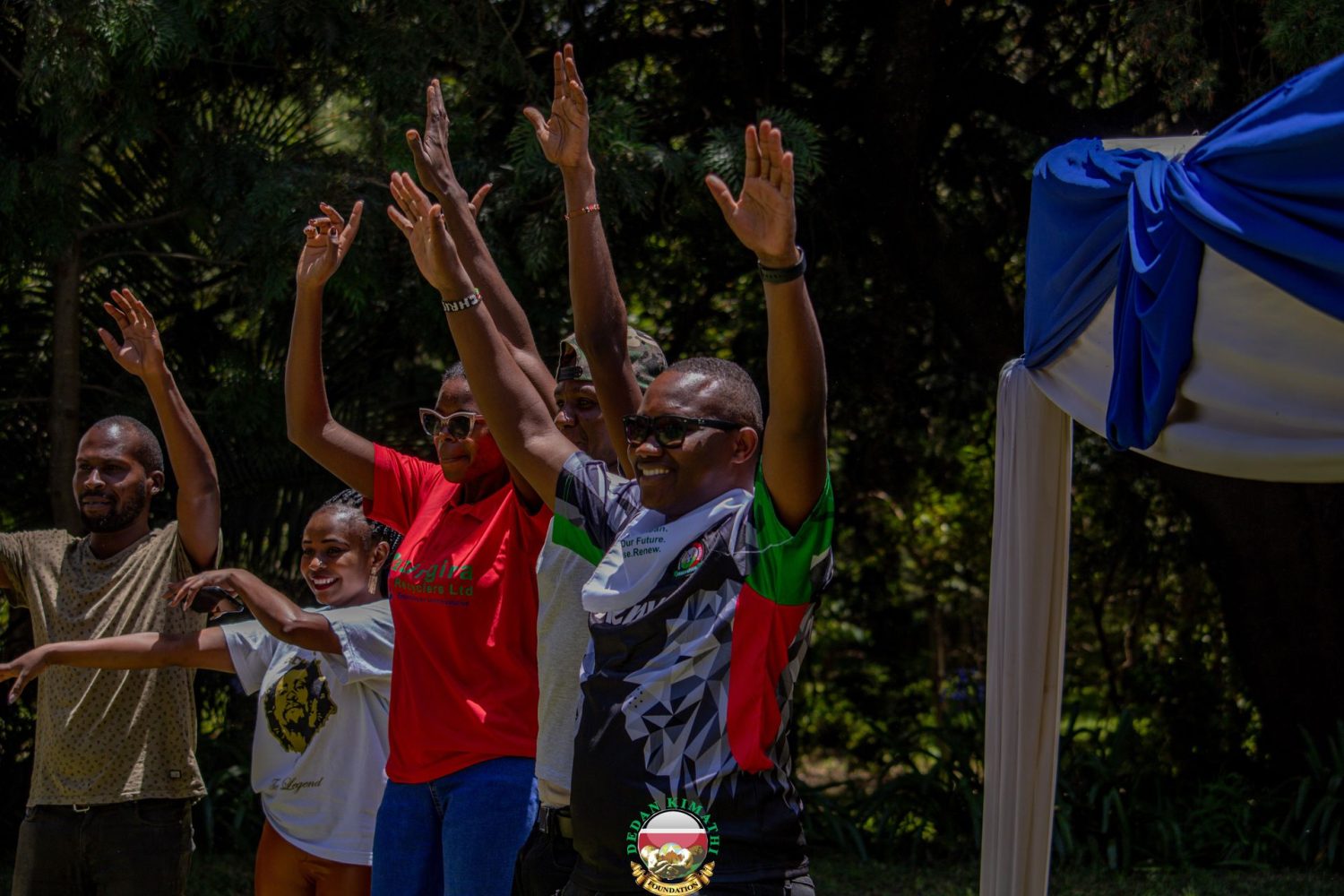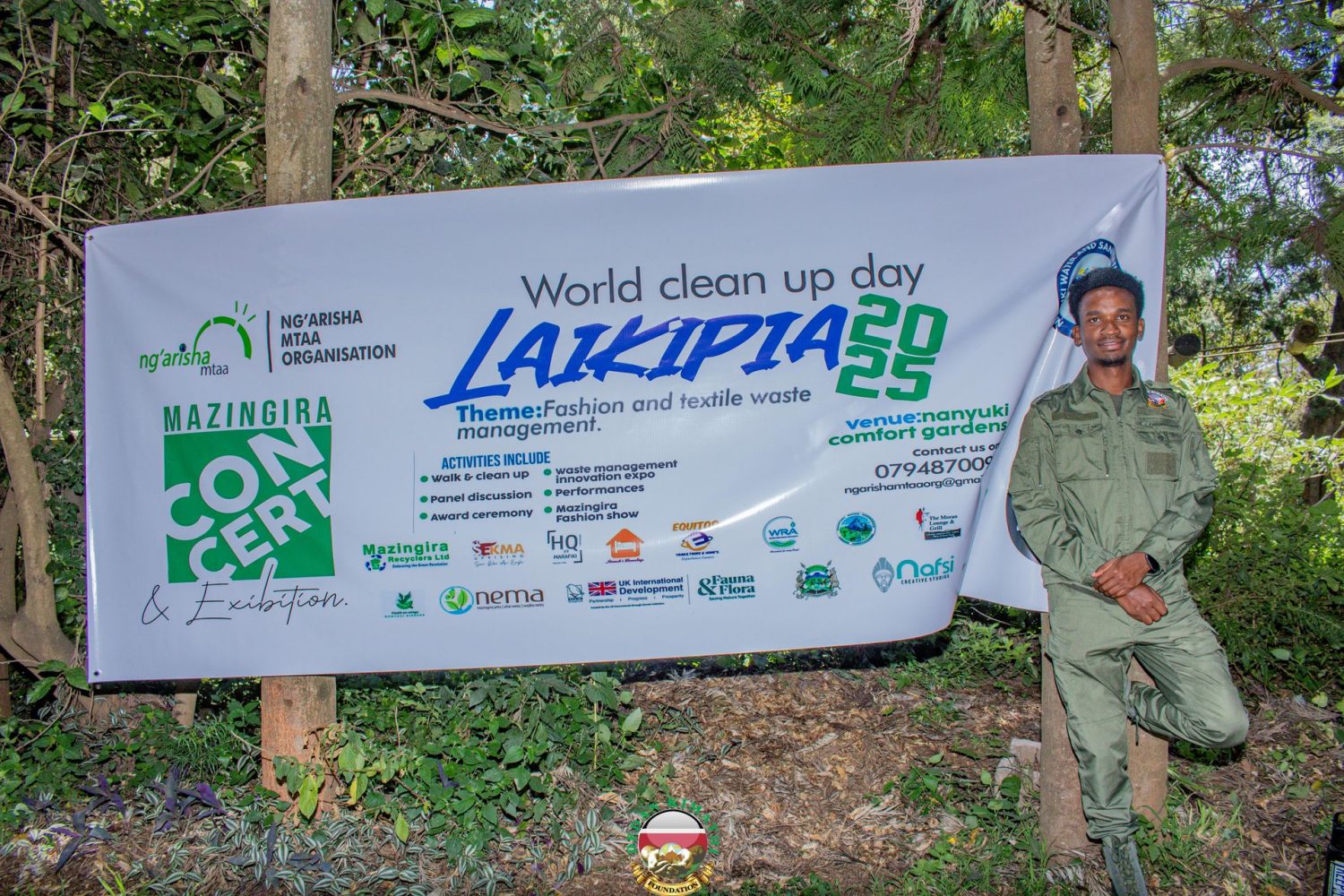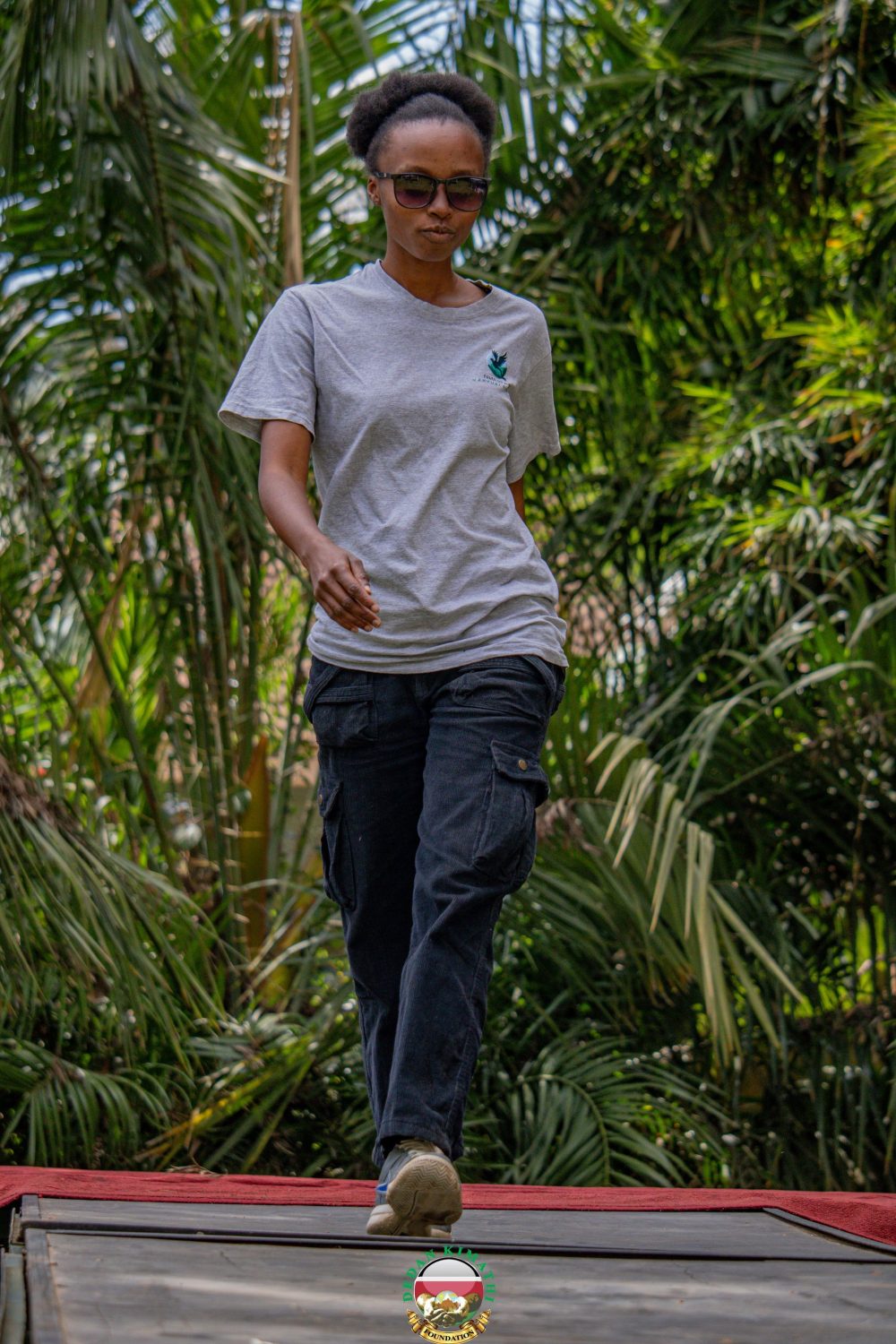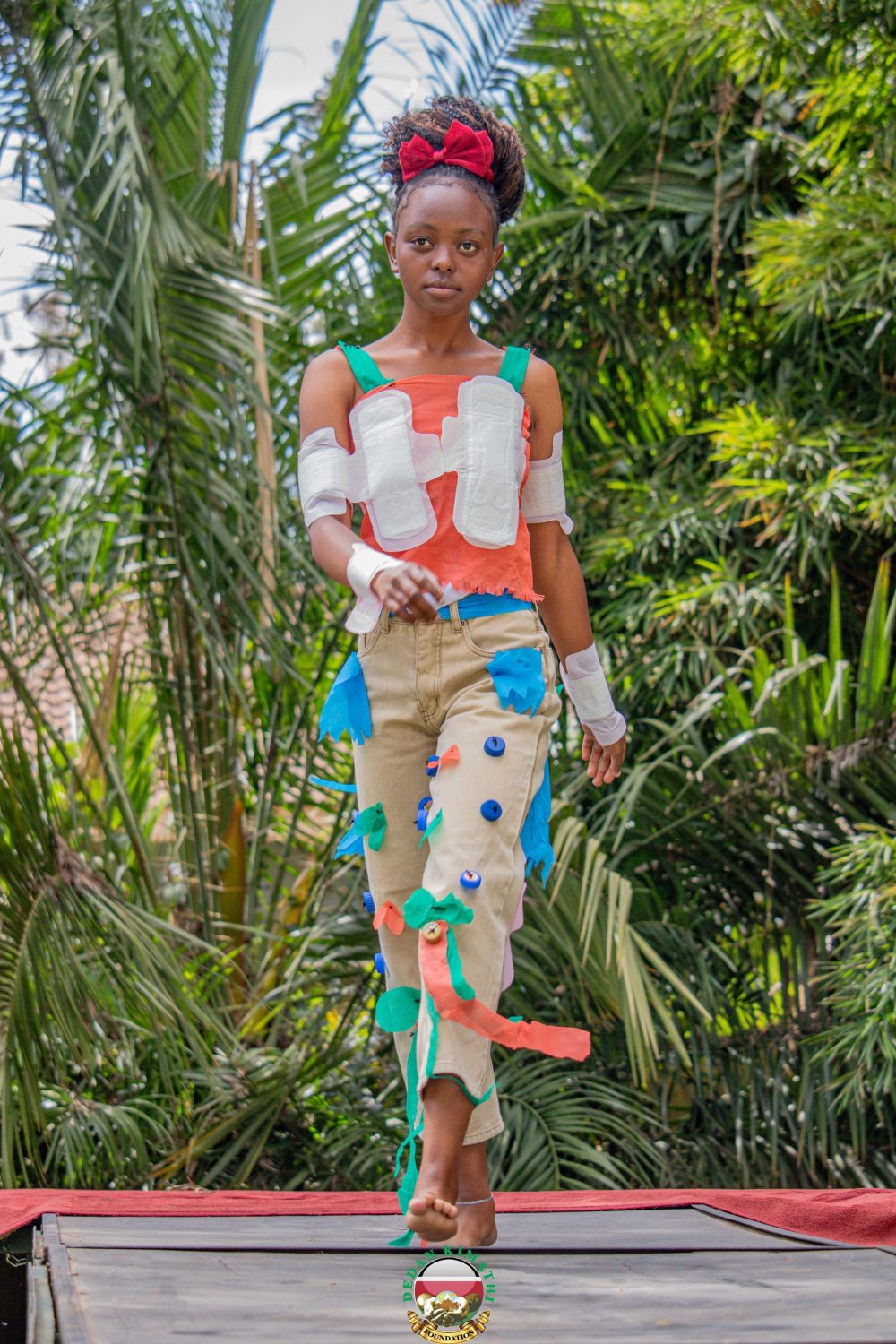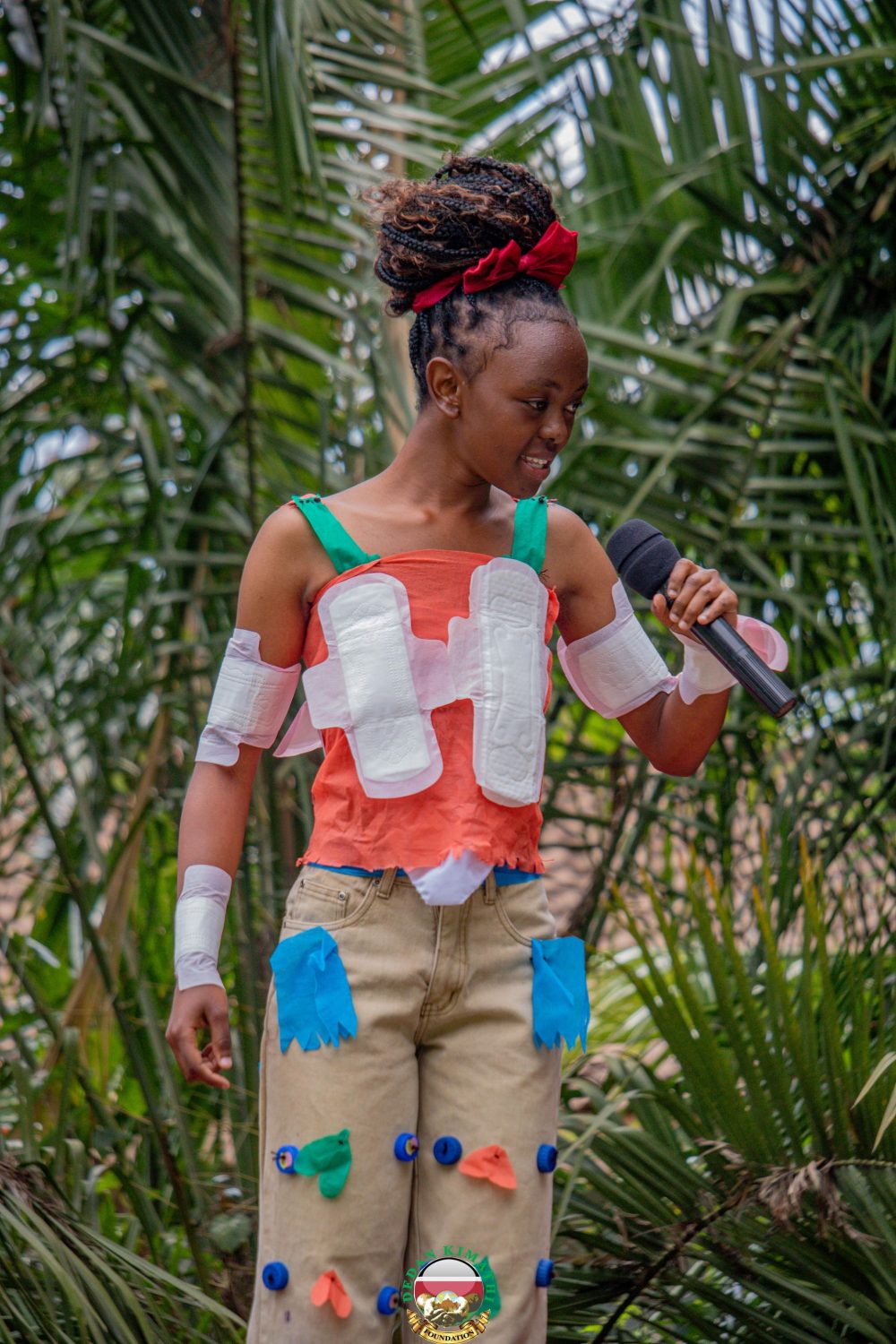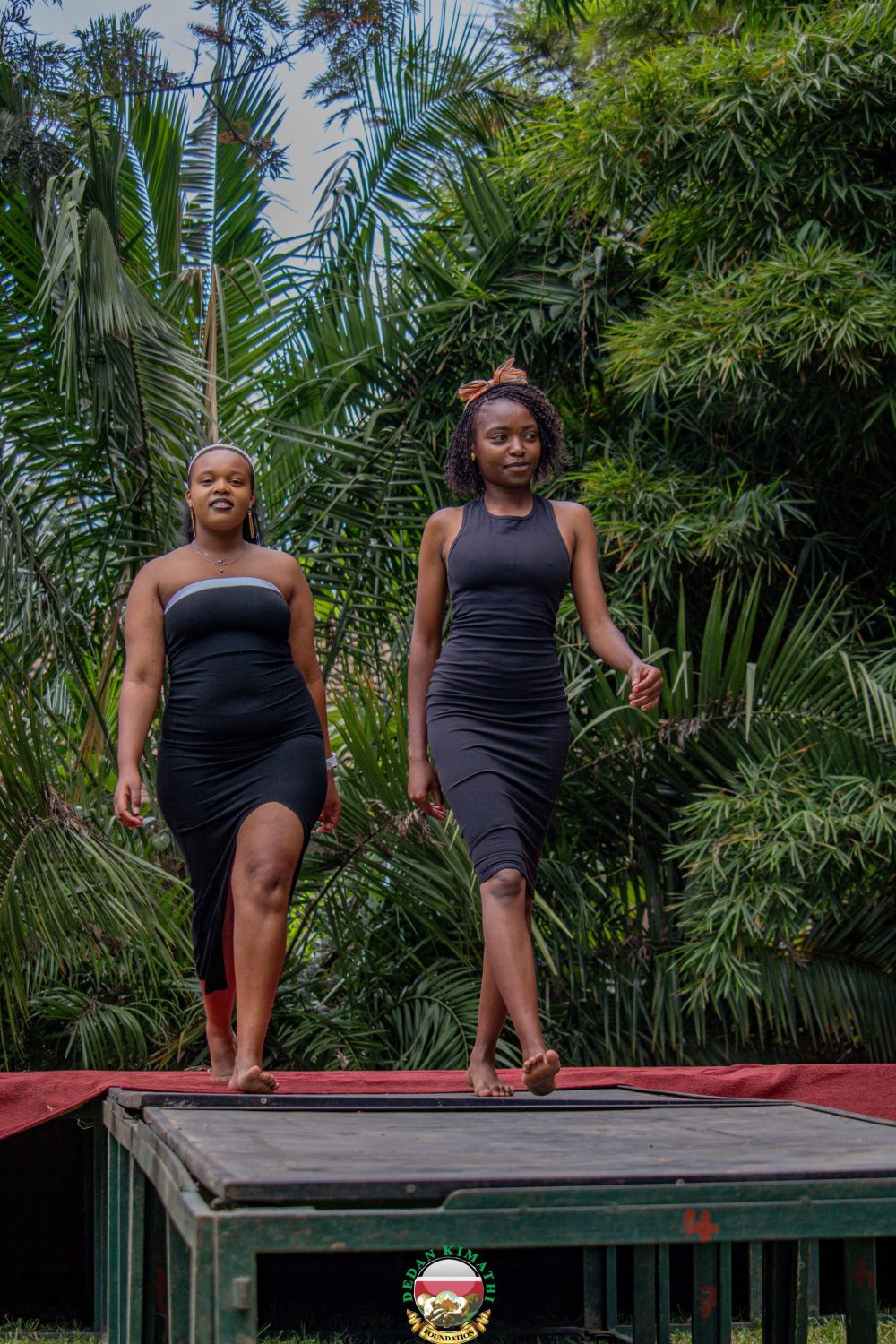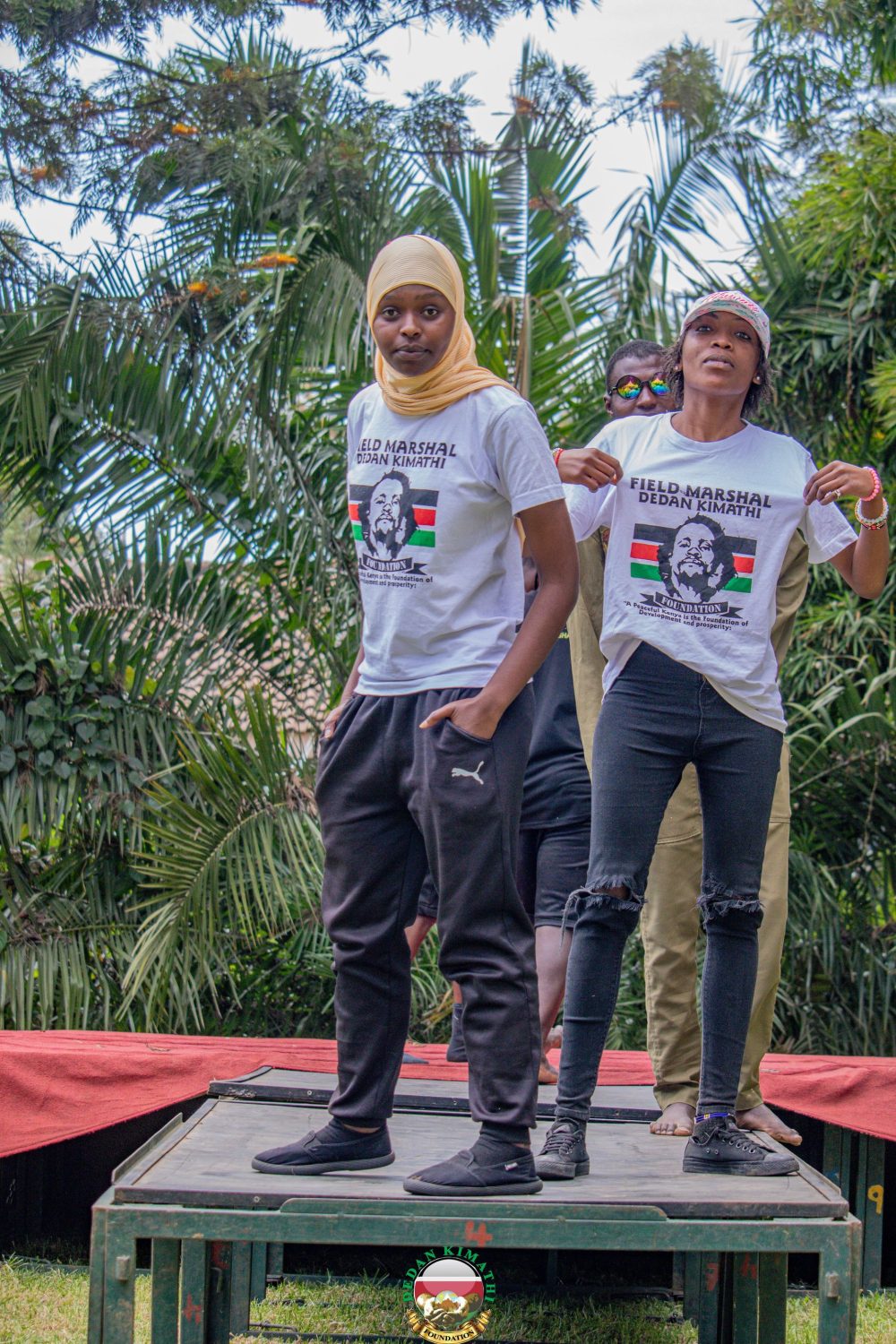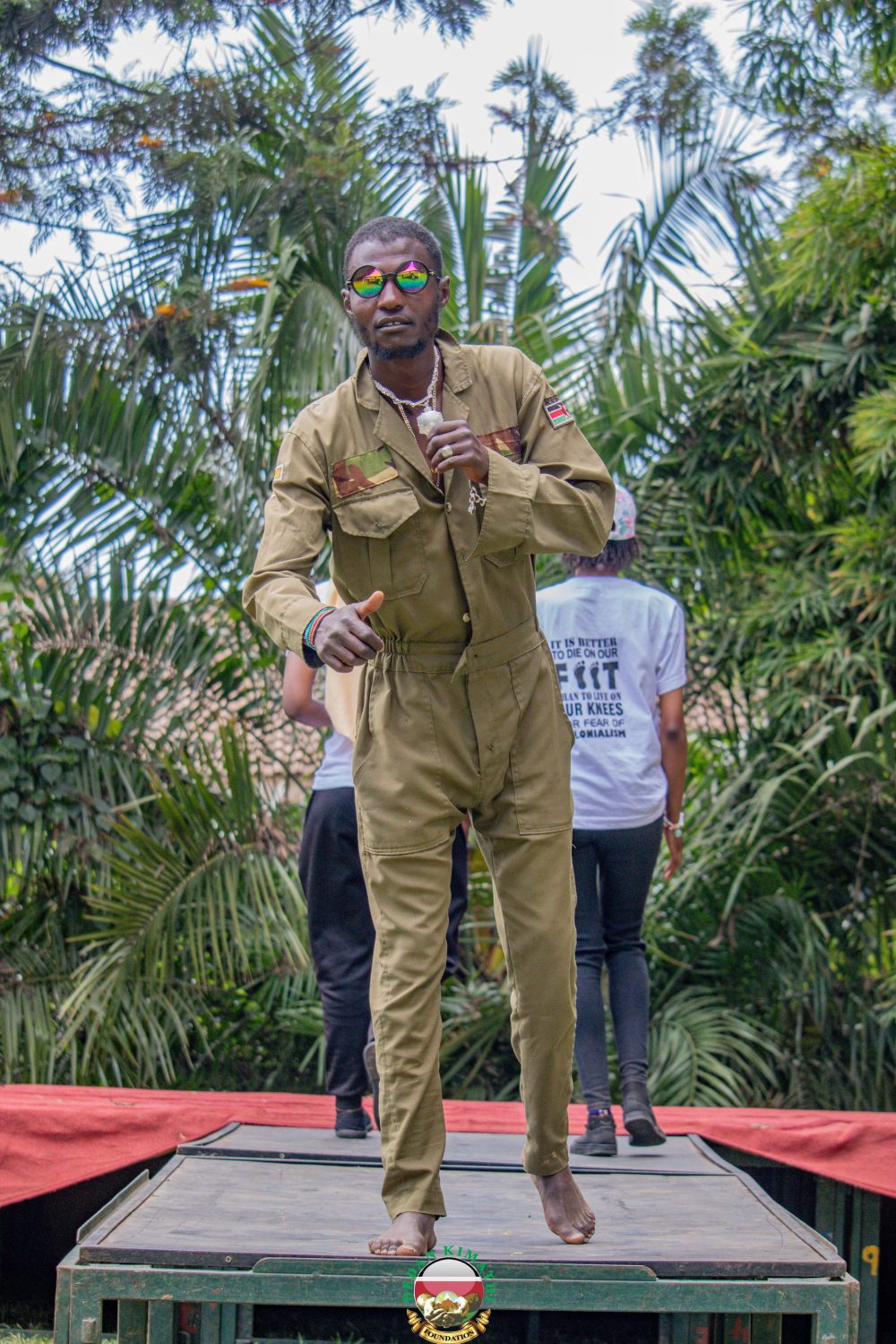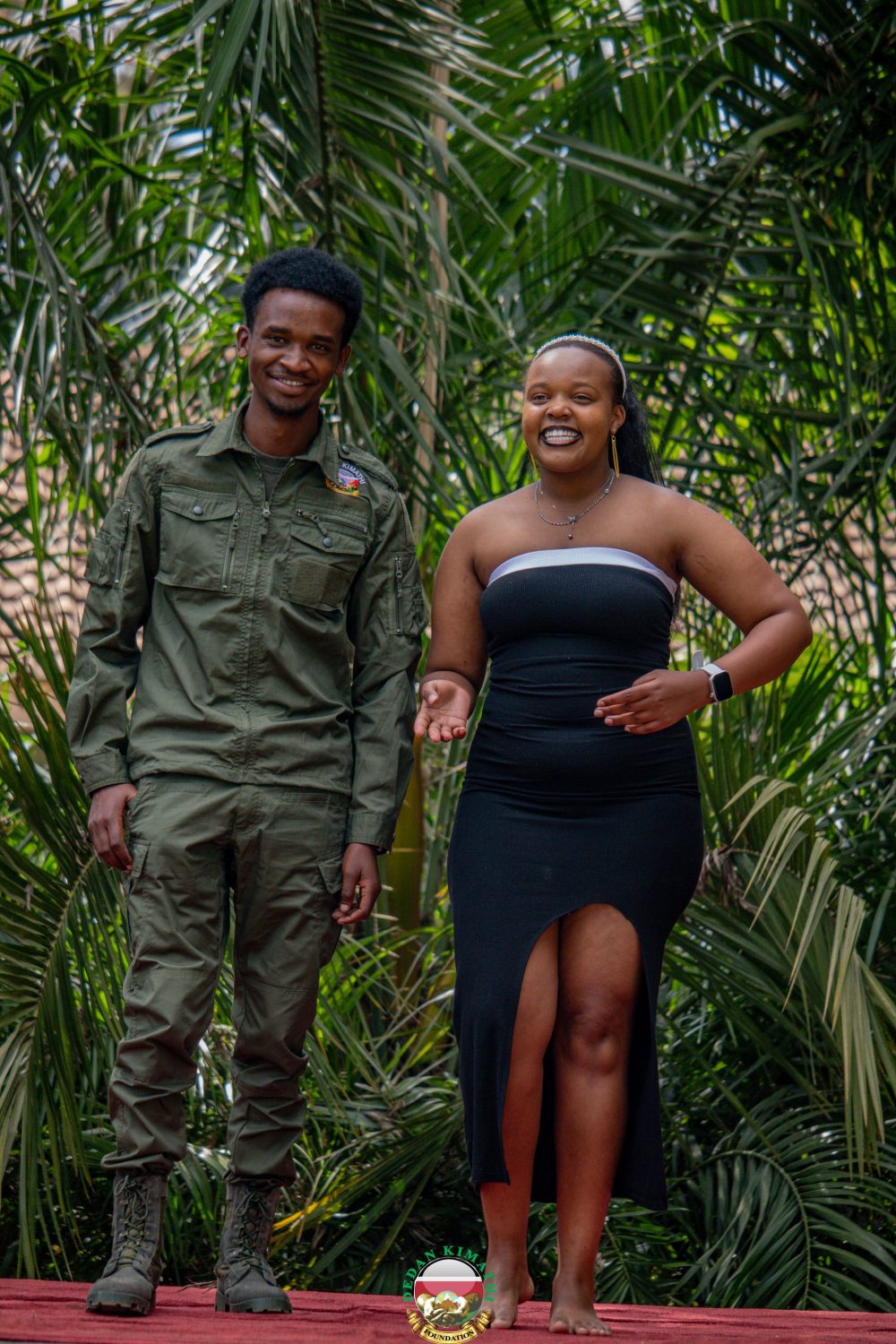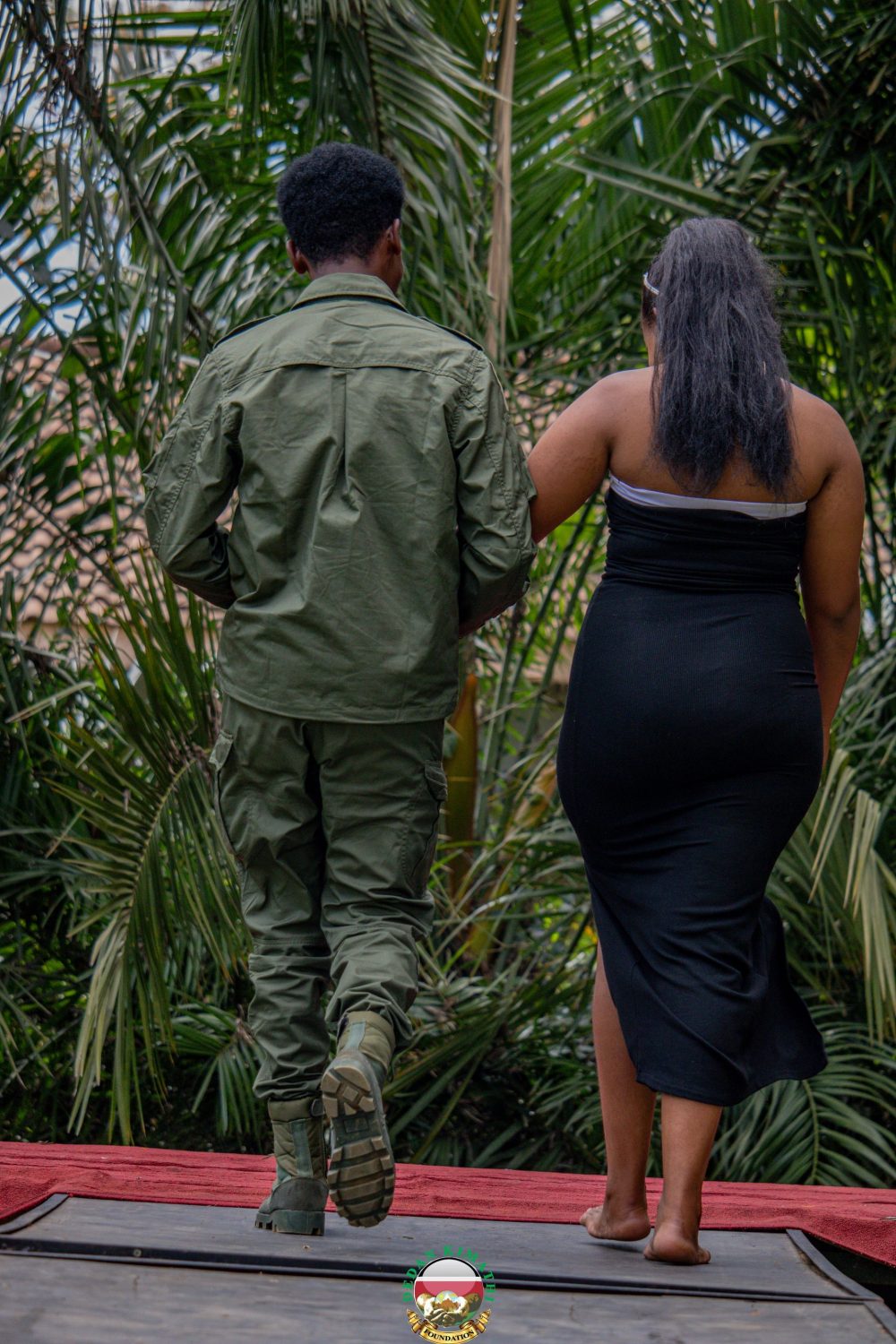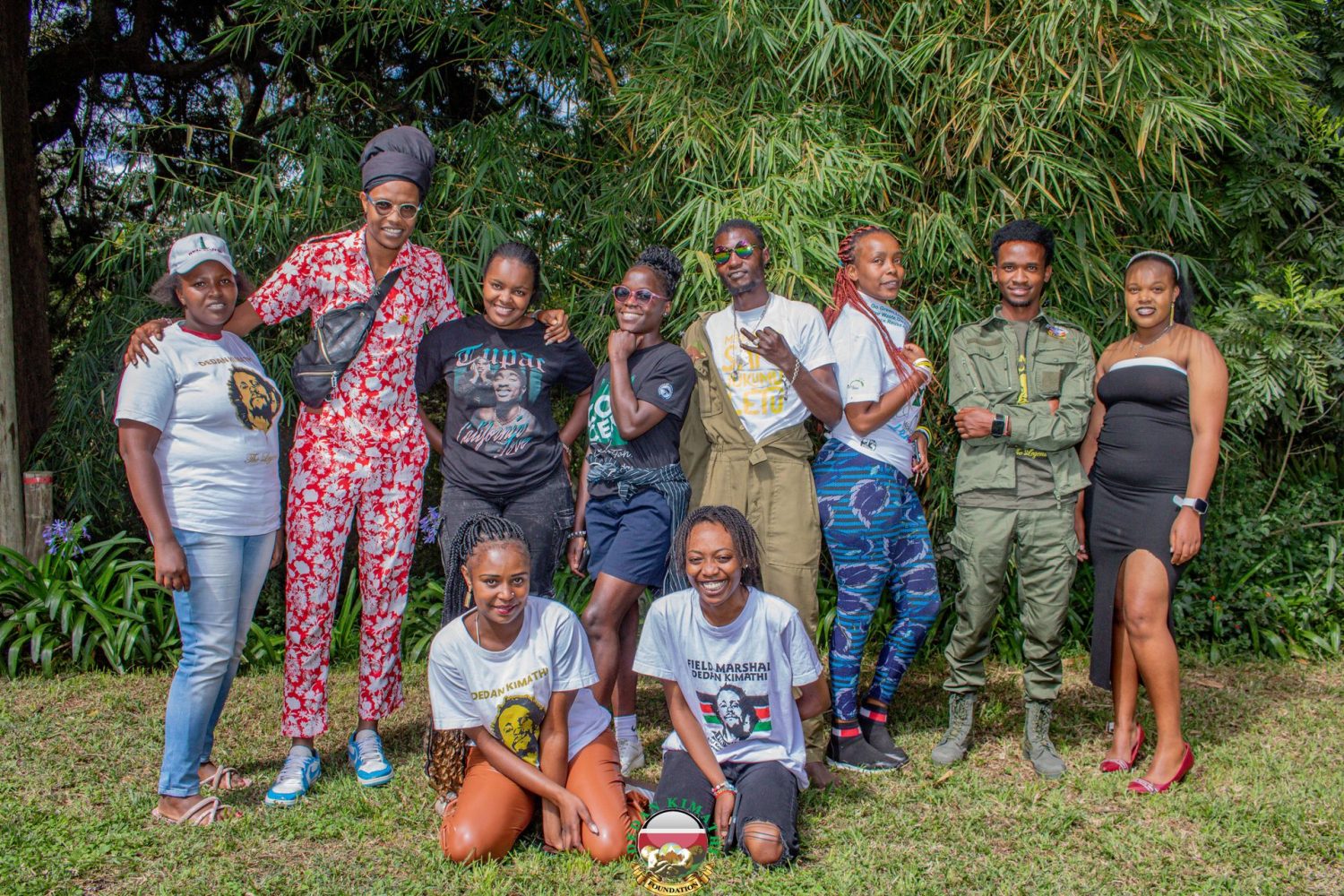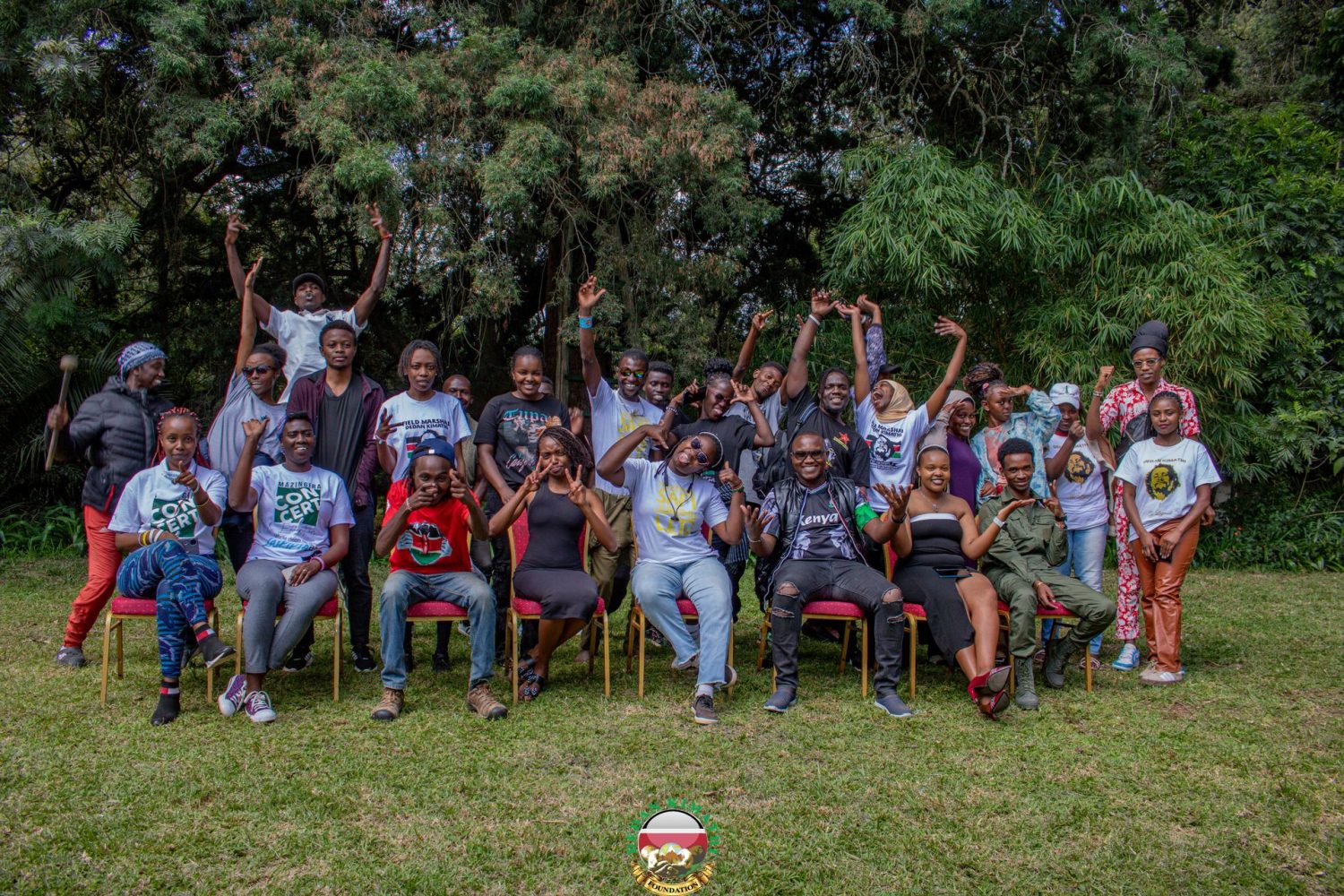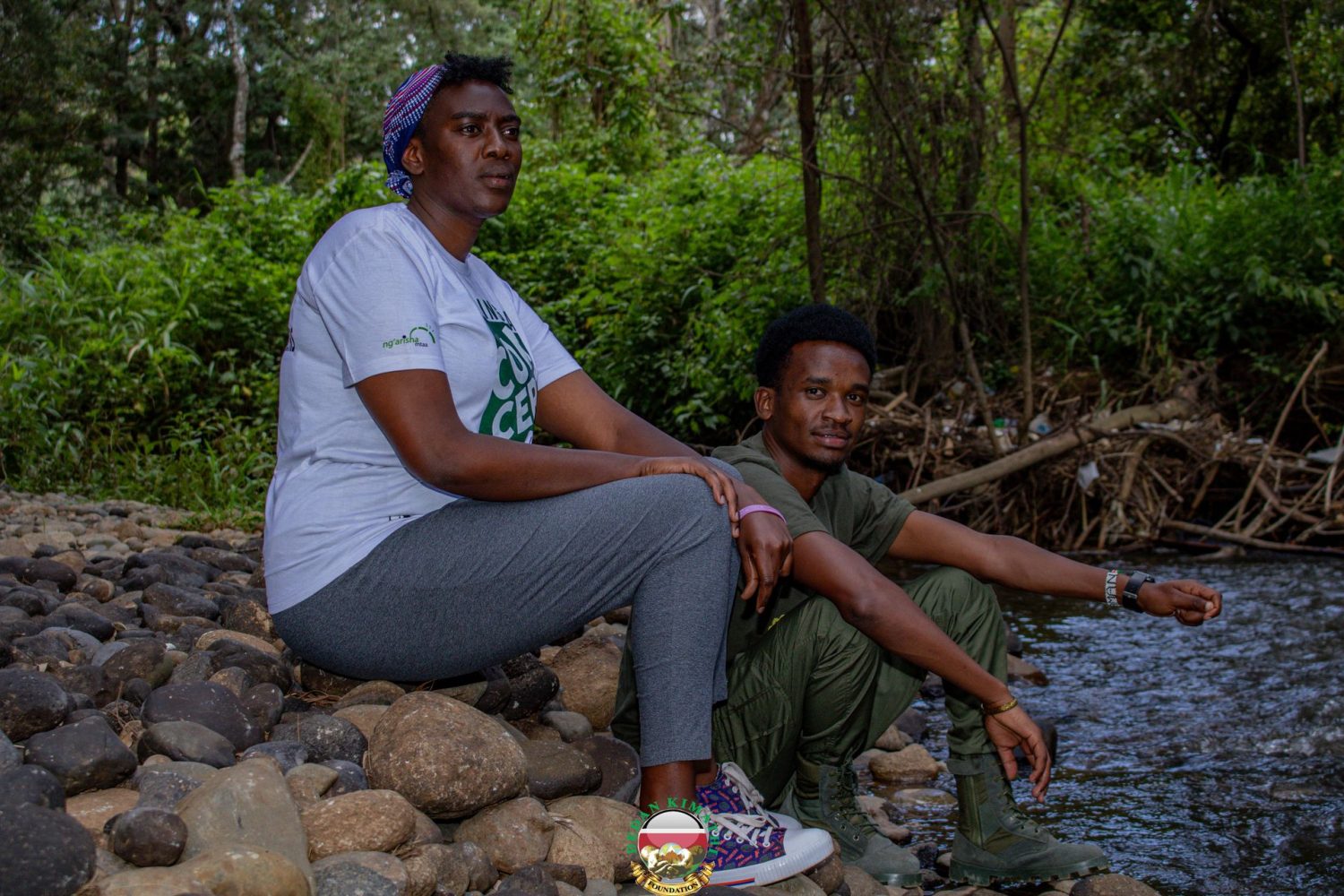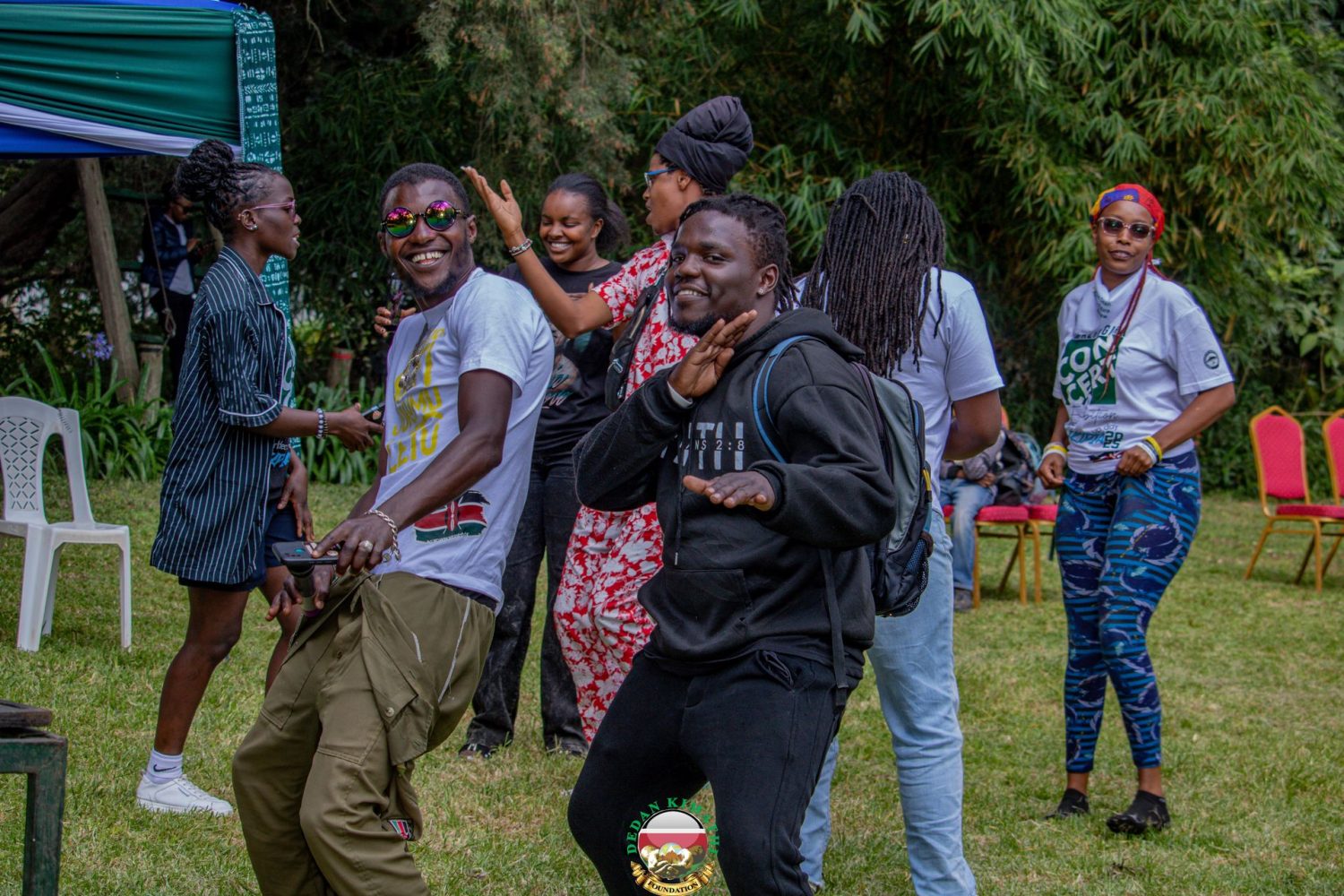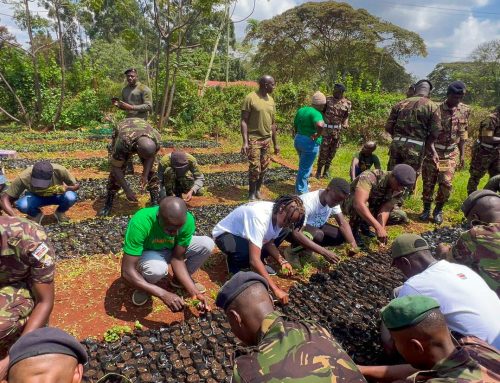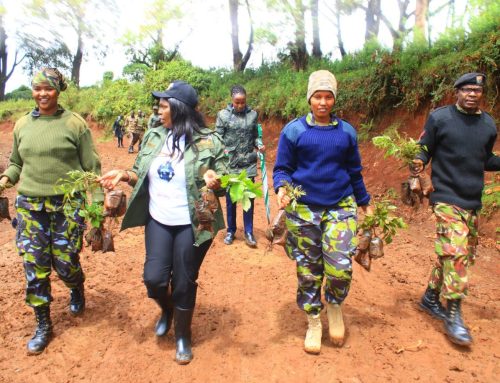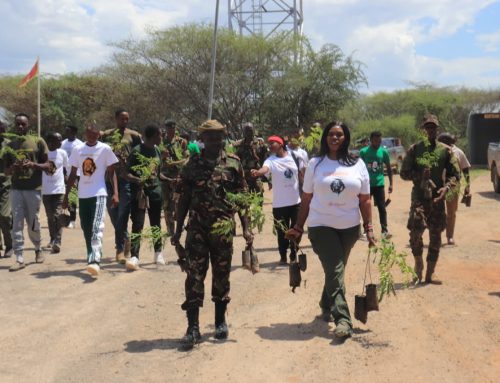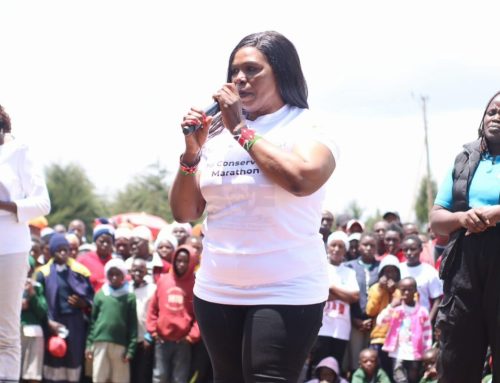Addressing Kenya’s Waste Crisis on World Clean Up Day 2025
Kenya’s Growing Waste Management Challenge
Kenya is grappling with a serious waste crisis, generating between 3,000 and 4,000 tonnes of waste daily, with Nairobi alone contributing over 2,000 tonnes. While 60–80% of this waste is organic, the remaining 20–40% comprises inorganic materials such as plastics, paper, and metals.
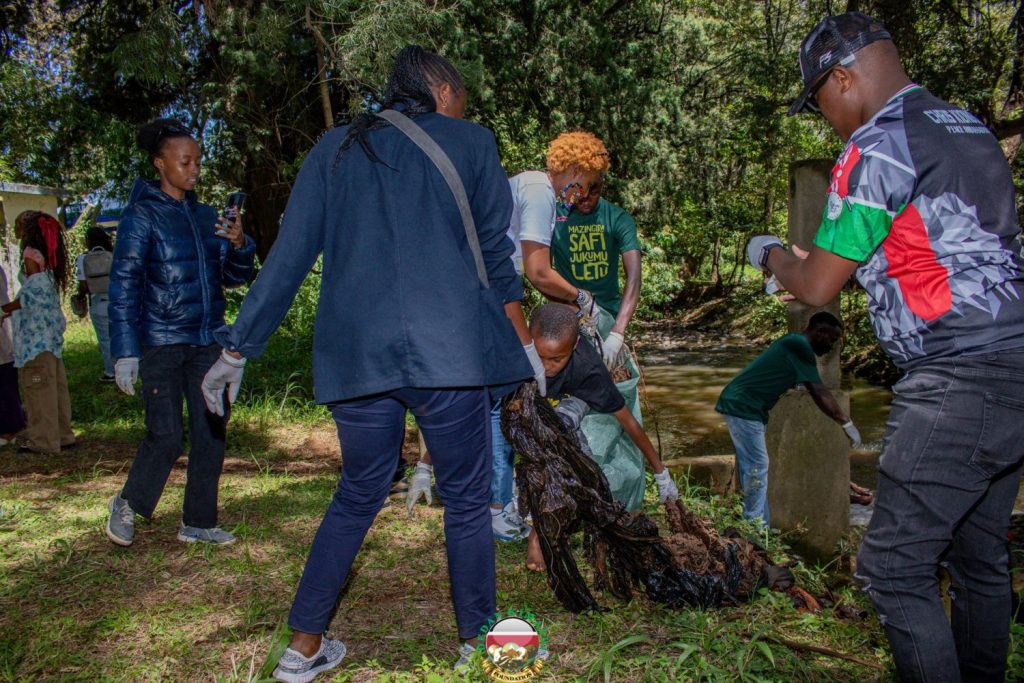
Inadequate waste collection and disposal systems in urban centers, slums, rural villages, and small towns make the problem worse. As a result, large amounts of both solid and liquid waste find their way into rivers, lakes, dams, and oceans, endangering marine life, livestock, wildlife, and humans who rely on untreated water.
Dedan Kimathi Foundation at the Mazingira Concert
On World Clean Up Day 2025, the Dedan Kimathi Foundation (DKF) joined hands with other stakeholders in the Mazingira Concert, organized by Ng’arisha Mtaa Initiative in Nanyuki, Laikipia County.
The event brought together diverse participants including:
-
Mazingira Recyclers
-
Nanyuki Water and Sewerage Company
-
Laikipia County Government
-
Nanyuki Greeners
-
Nanyuki Youth Birders
-
The general public
Together, we carried out a clean-up exercise at the Nanyuki River and raised public awareness about the importance of reducing, reusing, and recycling to cut down overall waste levels.
Spotlight on Textile and Waste Management
The day’s theme, “Textile and Waste Management,” sparked an engaging panel discussion that highlighted practical solutions, including:
-
Extending the lifespan of clothing by wearing them longer.
-
Donating old garments to those in need.
-
Remodeling and reusing clothes for charitable purposes.
The conversation also addressed the growing challenge of disposable sanitary products, such as pads and pampers. Though many are biodegradable, once they reach water sources, their contents become harmful to both humans and animals.
Key solutions discussed included:
-
Stricter enforcement of waste segregation.
-
Proper disposal of sanitary products in closed bins.
-
Increased public awareness campaigns.
-
Improved waste collection facilities from government authorities.
Creative Fashion for Sustainability
To conclude the day, a creative fashion show showcased innovative garments made from reused and recycled materials. This inspired participants to think differently about waste while promoting sustainable alternatives such as:
-
Reusable sanitary pads
-
Baby napkins instead of pampers
The show was both entertaining and educational, offering a new perspective on how creativity can solve environmental challenges.
A Call to Action
Representing Dedan Kimathi Foundation, Dickson Maina expressed gratitude to Ng’arisha Mtaa Initiative for their dedication to waste management and river restoration. He reaffirmed DKF’s commitment to working with partners in addressing Kenya’s waste crisis and urged all participants to become environmental ambassadors within their communities.
“Real change begins with each of us. Together, we can restore our rivers, protect our environment, and secure a greener future,” he emphasized.


